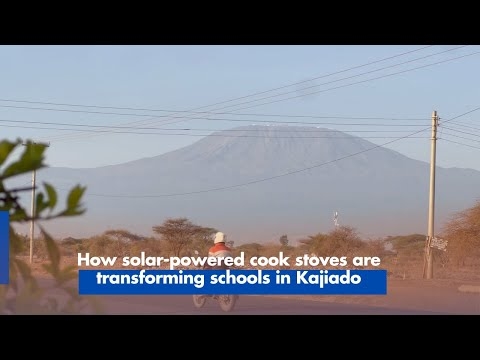A lobby group has questioned the legality of the new university funding model by the government and called for its immediate suspension.
In a press statement, Elimu Bora Working Group (EBWG) Strategy and Policy advisor Boaz Waruku said that the model will lock out students from poor backgrounds due to the assessment criteria which will be used in disbursing funds.
"Some of the universities and colleges risk closure if they will be unable to attract significant students’ admission," Waruku said.
They further accused the state that under the model, it has absolved itself of the responsibility of financing education and threw the burden onto the parents.
"The administration has extricated itself from the responsibility of the State to finance Education and transferred this to the poor and overburdened parents," the statement states.
The new funding model which was unveiled in May has seen the costs of various university programmes rise as the government withdrew block capitation for students.
The model has grouped students into four categories based on their level of need into which the capitation will be apportioned.
Under it, learners who opt for private universities will be barred from accessing government loans.
The lobby group also called on President William Ruto to officially release the final report of the Presidential Working Party on Education Reforms (PWPER).
"We urge the president to cause the release forthwith of the final report and other interim reports that the team has produced so far," they stated.
EBWG also called for the review of the Junior Secondary School transition saying ongoing actions are causing damage to Grade 7 students.
They attributed the delays in payment of school suppliers and Board of Management (BOM) academic and non-academic staff to underfunding of the education sector calling for the establishment of a National Education Fund.












